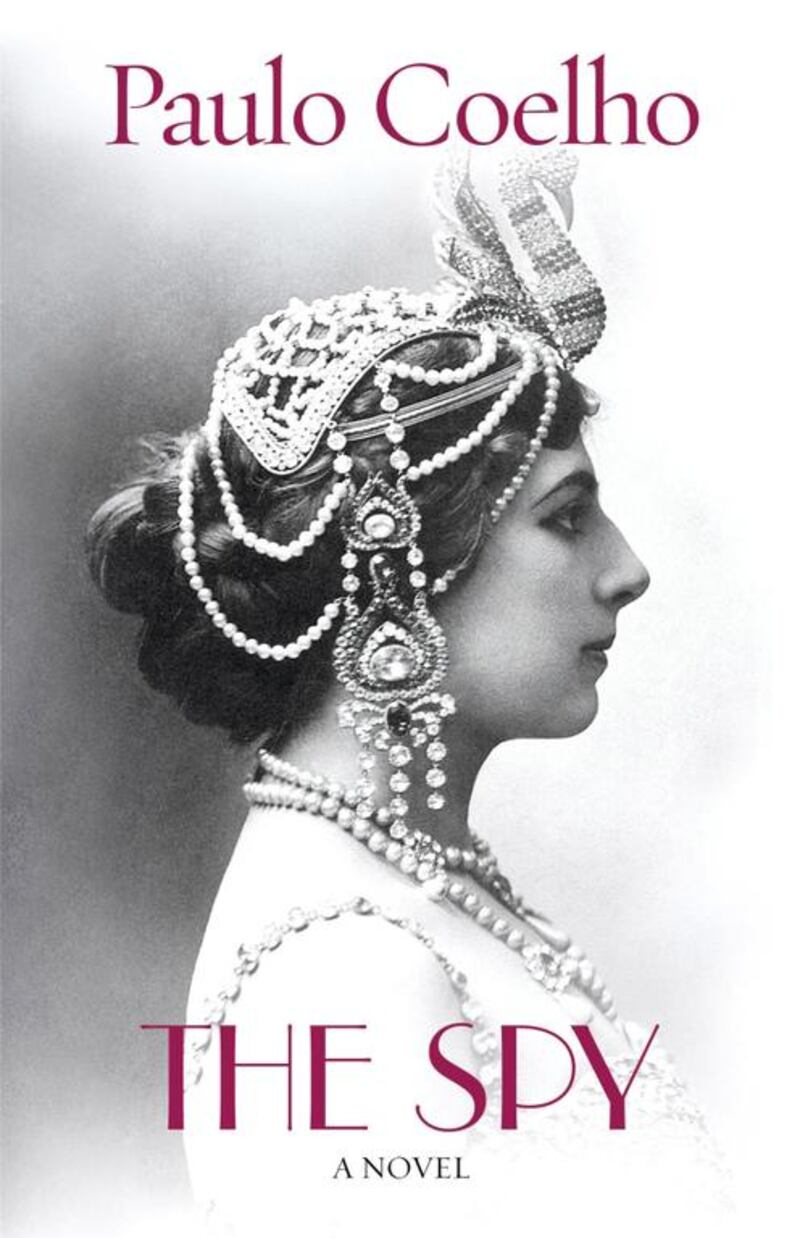Ever since Brazilian novelist Paulo Coelho rose to prominence in 1988 with The Alchemist, a pop-parable about an Andulusian shepherd travelling to Egypt to find treasure, his brand of self-help-lit has polarised opinion.
When even a fully signed-up famous fan, actor Will Smith, admits The Alchemist is "real metaphysical, esoteric nonsense", you know that even 200 million book sales must be taken with a pinch of salt. Coelho, after all, is the kind of ex-hippy who believes he can remember his grandmother meeting him mere moments after he was born.
Which is why, initially at least, his new book seems encouragingly straightforward. Taking as its starting point the real life of Dutch exotic dancer, cultural icon and convicted spy Mata Hari, Coelho fictionalises the story with a letter she sends to her lawyer just before she is shot by firing squad in 1917.
For those who are not familiar with her story, it has the potential to be a spy thriller, historical drama, feminist tract and travelogue all in one, as she shape-shifts across wartime Europe and the Dutch East Indies as courtesan, celebrity and, finally, misunderstood double agent.
Unfortunately, for all the good intentions, The Spy feels mystifyingly dashed off. There is already a brilliant book about Mata Hari, Pat Shipman's 2007 biography, and Coelho rightly acknowledges it – but his own version is barely novella length.
And when the whole point of The Spy is presumably to understand the motivations of this admittedly slippery character using fiction, Coelho does Hari a major disservice by skimming over her personality in favour of pages devoted to the contents of her suitcases. In fact, pre-war Paris is better drawn than the heroine.
Coelho also has a terrible predilection for dropping in famous names from history merely to prompt knowing nods from his readers.
So Hari meets a man “called Freud – I can’t remember his first name – people adored him because he had restored the possibility that we are all innocent”. There are also throwaway references to Picasso: “An ugly, wide-eyed impolite man who fancied himself the greatest of the greats.”
The intention is presumably to illustrate the circles in which Hari moved, but the encounters just make her seem a bit vapid. It doesn’t help that Coelho can’t help but impose his own pop philosophy on his subject. Hari might well have been the kind of person who would muse that “when we don’t know where life is taking us, we are never lost”.
But it seems doubtful somehow – for all Mata Hari has come to represent, in terms of women’s liberation and self-expression, it is Coelho’s wisdom-laden worldview that shouts loudest in this book, rather than his fascinating subject.
artslife@thenational.ae










